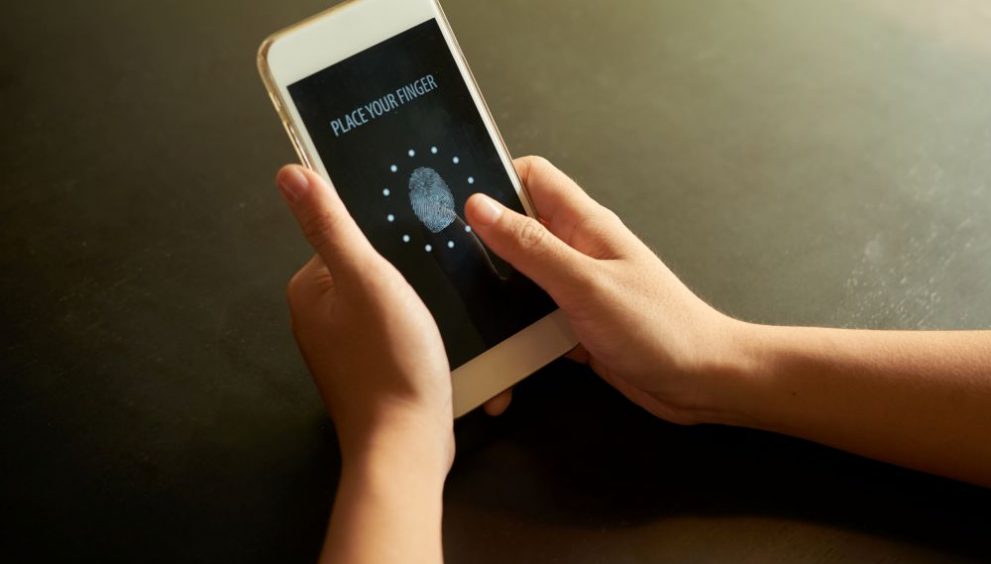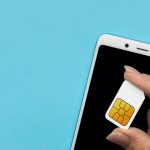In an age where smartphones have become an indispensable part of our lives, mobile phone tracking has emerged as a significant privacy concern. With the abundance of personal data stored on our devices, it’s crucial to understand how to protect your information from unwanted surveillance. Whether you suspect your phone is being tracked or simply want to be proactive about your mobile privacy concerns, this article will guide you through practical solutions to stop mobile device tracking and safeguard your digital footprint.
From location tracking to app permissions, there are various ways our smartphones can be monitored without our knowledge. By implementing the right measures, you can take control of your mobile privacy and prevent unauthorized access to your sensitive information. So let’s dive in.
What is Mobile Phone Tracking and Why Are Phones Tracked?
Mobile phone tracking refers to the various methods used to monitor a device’s location, activities, and data. Some common tracking techniques include:
- GPS tracking: Using the phone’s built-in GPS to pinpoint its location
- App tracking: Monitoring user behavior and data through app permissions
- Browser cookies: Tracking online activities and preferences
- Wi-Fi and Bluetooth tracking: Identifying a device’s location through nearby networks
Phones are tracked for various reasons, including:
- Targeted advertising based on location and browsing habits
- Providing location-based services and recommendations
- Data monetization by selling user information to third parties
- Government surveillance and law enforcement purposes
While some tracking may be necessary for certain services, it’s essential to be aware of the extent to which your phone is being monitored and take steps to protect your privacy.
Signs Your Phone May Be Tracked
Detecting if your phone is being tracked can be challenging, but there are a few tell-tale signs to look out for:
- Unusual battery drain: Tracking apps often run in the background, consuming more power than usual.
- Unexplained data usage: If you notice a spike in your data consumption without any changes in your usage patterns, it could indicate tracking software.
- Strange background noise: During phone calls, if you hear clicking, static, or echoes, it may suggest your phone is being tapped.
- Unfamiliar apps: Be cautious of any apps you don’t remember installing, as they could be disguised tracking tools.
- Unexpected text messages: Receiving odd or coded text messages might be a sign of someone attempting to access your device remotely.
How to Stop Mobile Phone Tracking
Update Your Privacy Settings
One of the first steps to prevent phone tracking is to review and adjust your device’s privacy settings. Here’s what you can do:
- Turn off location services when not in use, or limit access to specific apps
- Restrict app permissions for accessing your location, camera, microphone, and other sensitive features
- Enable two-factor authentication for your accounts to prevent unauthorized access
| Setting | iOS | Android |
|---|---|---|
| Location Services | Settings > Privacy > Location Services | Settings > Location |
| App Permissions | Settings > Privacy > Select the app > Adjust permissions | Settings > Apps & notifications > App permissions |
| Two-Factor Authentication | Settings > [Account Name] > Password & Security > Two-Factor Authentication | Settings > Google > Manage your Google Account > Security |
Disable Ad Tracking
Advertisers often track your online activities to serve targeted ads. To opt out of this practice:
iOS:
- Go to Settings > Privacy > Advertising
- Enable “Limit Ad Tracking”
Android:
- Go to Settings > Google > Ads
- Enable “Opt out of Ads Personalization”
Disabling ad tracking can help reduce the amount of data collected about your interests and browsing habits.
Use a VPN (Virtual Private Network)
A VPN encrypts your internet connection and masks your IP address, making it harder for third parties to track your online activities. When choosing a VPN, consider factors such as:
- Reputation and trustworthiness of the provider
- Strong encryption protocols (e.g., OpenVPN, IKEv2)
- No-logging policy to ensure your data isn’t stored
- Fast connection speeds and reliable performance
Using a VPN adds an extra layer of security and privacy to your mobile browsing experience.
Turn Off Bluetooth and Wi-Fi When Not in Use
Bluetooth and Wi-Fi can be used to track your location even when you’re not actively using them. To minimize this risk:
- Turn off Bluetooth and Wi-Fi when you don’t need them
- Avoid connecting to public Wi-Fi networks, as they may be unsecured and prone to tracking
- If you must use public Wi-Fi, use a VPN to encrypt your connection
By being mindful of your Bluetooth and Wi-Fi usage, you can reduce the chances of being tracked through these wireless technologies.
Check for Spyware or Malware
Spyware and malware are malicious software designed to monitor your activities and steal your data. To protect your phone from tracking through these threats:
- Install a reputable mobile security app like Quick Heal Total Security
- Regularly scan your device for any suspicious apps or files
- Avoid clicking on links or downloading attachments from unknown sources
- Keep your operating system and apps updated to patch any security vulnerabilities
Mobile security software can detect and remove spyware, giving you peace of mind knowing your device is free from malicious tracking.
Use Privacy-Focused Browsers and Search Engines
Some browsers and search engines prioritize user privacy by blocking trackers and not collecting personal data. Consider using options like:
- DuckDuckGo: A search engine that doesn’t track your searches or create user profiles
- Brave: A browser with built-in ad and tracker blocking
- Firefox Focus: A privacy-oriented browser with automatic data clearing after each session
By opting for privacy-focused alternatives, you can minimize online tracking and protect your browsing data.
Regularly Update Your Phone and Apps
Software updates often include security patches and bug fixes that address vulnerabilities exploited by trackers and hackers. To stay protected:
- Enable automatic updates for your operating system and apps
- Regularly check for and install any available updates
- Remove any unused or outdated apps from your device
Keeping your phone and apps up to date ensures you have the latest security measures in place to combat tracking attempts.
Protect Your Phone from Tracking with Quick Heal
Quick Heal Total Security is a comprehensive mobile security solution that offers advanced features to safeguard your device from tracking threats. With Quick Heal, you can:
- Scan your phone for spyware, malware, and other malicious apps
- Block unauthorized access to your camera and microphone
- Protect your privacy while browsing the web
- Secure your personal data with robust encryption
Stay Protected with Quick Heal
Remember, safeguarding your mobile privacy is an ongoing process. Stay vigilant, keep your device updated, and be cautious about the apps and services you use. By prioritizing your privacy and adopting best practices, you can enjoy the benefits of your smartphone without compromising your personal information.
Start protecting your phone from tracking today by putting these measures into action. Take control of your mobile privacy and enjoy the peace of mind that comes with knowing your data is secure.
Related Products:
Quick Heal Total Security for Mac
Quick Heal AntiVirus for Server


